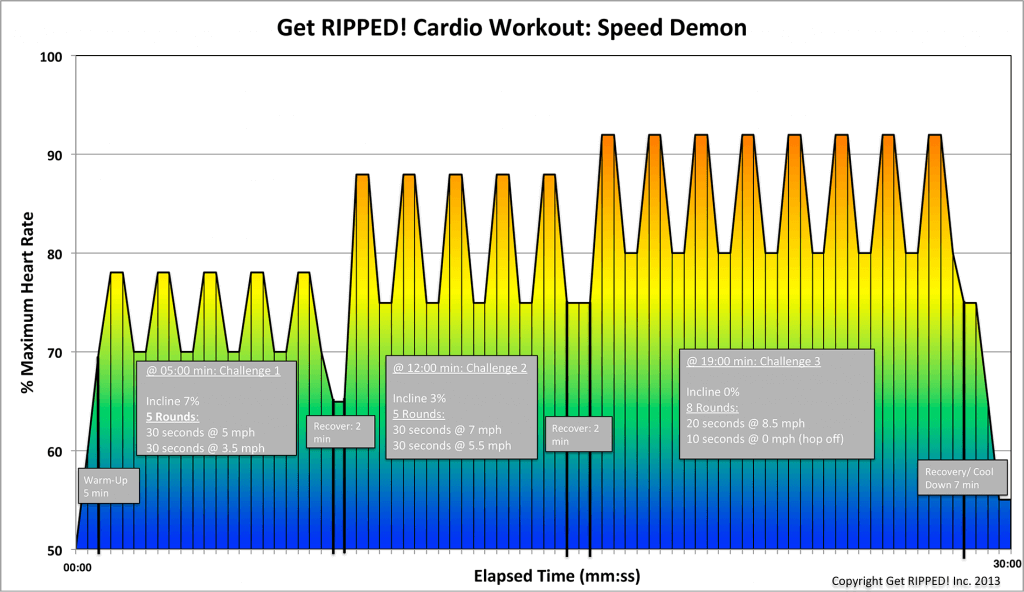Fitness Tips, Nutrition
Small Steps To A Healthier Future
Change takes time, especially when it comes to changing habits and lifestyles. Clients in Calgary, Canada, often get frustrated trying to make all the changes at once that lead to a healthier future. That frustration can lead to failure. Everyone is different. Some people thrive on dramatic change, while most find taking small steps more successful. Switching from fries to a salad as a side dish, cutting out sugar and cream in your coffee, or taking the stairs instead of the elevator are examples of small steps that can help weight loss, improve your health, and help you become fitter.
Focus on moving more.
Starting a fitness regime will qualify as increasing movement, but not everyone is ready for gym time or has time. Focusing on walking more helps. Start walking an extra ten minutes daily and increase that time as you get fitter. If you don’t want to walk outside, create a path in your house or go to an indoor mall and walk. Turn it into a game by using a pedometer. Look for opportunities to be more active. Do planks or floor exercises while watching TV. Park further from the store and walk. Make recreation or date nights more active.
Get adequate sleep.
Most people don’t have a sleep schedule. They may go to bed after the news on weekdays and get up at a specific time on workdays, but on weekends, they have no sleep patterns. Adequate sleep is vital to your health and your weight loss goals. Lack of sleep can cause the body to overproduce ghrelin, the hunger hormone, and reduce the production of leptin, the satiety hormone. Adequate sleep and a sleep schedule maintain your circadian rhythm. It gives your brain time to reorganize and your body time to heal.
Eat more fruits, vegetables, and fiber and less processed food.
One difficult change is eliminating food with added sugar from your diet. Start slowly, cutting out the biggest offenders like candy and other sweets. Another dietary change that will make a big difference is increasing your servings of fruit and vegetables. Eating fatty fish like salmon twice a week is another beneficial change. Meatless days during the week will help your body and your budget.
- Chew your food longer. Savor every bite and eat mindfully. Chewing your food longer improves digestion and also makes you eat slower. That allows your stomach to signal to the brain that it’s full so you don’t overeat.
- Have healthy snacks ready to eat. You’ll eat healthier if the snacks are readily available and be less tempted to eat junk food.
- Cut out fried food. Choose steamed, baked, roasted, or broiled foods. It helps you cut calories and keep unhealthy fat out of your diet.
- Drink more water and hydrate frequently. Drink water before a meal to fill you up so you don’t eat as much. Adequate hydration keeps you active and alert. Drink one ounce of water for each pound you weigh. If you don’t like plain water, drink infused water.
For more information, contact us today at Get RIPPED! by Jari Love


